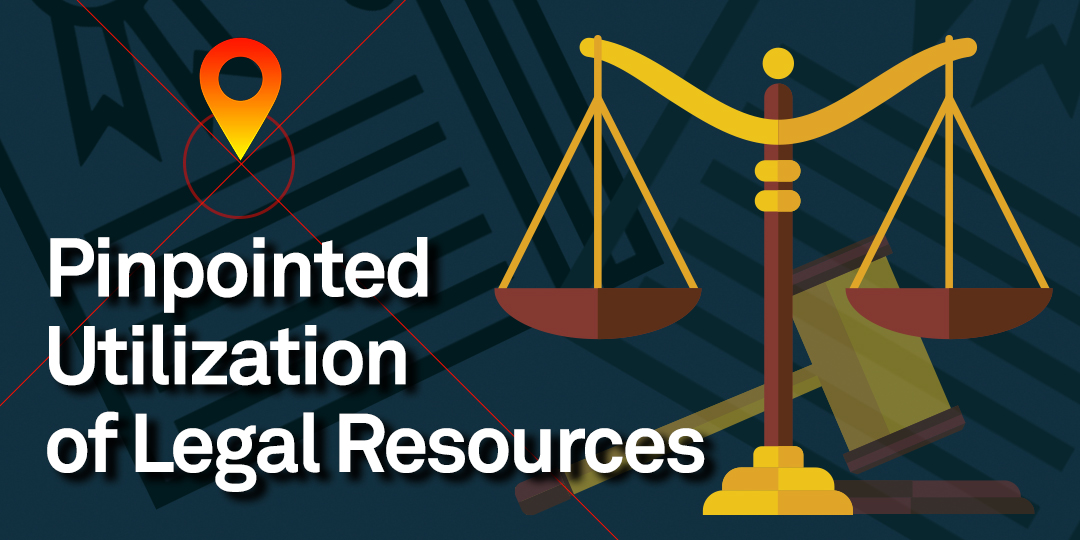The Employee Retirement Income Security Act of 1974 (ERISA) is a federal law that not only sets minimum standards for most voluntarily established retirement and health plans, it also enshrines standards for claims and appeals processes. These processes provide protections for individuals in ERISA plans while establishing protocols for timely filing, reporting, and reimbursements that guide healthcare providers and healthcare insurers. The Patient Protection Affordable Care Act of 2010 (PPACA) adds gravity to those protections and protocols. These protections and protocols are necessary to keep the claims and appeals function working. Following established federal and state laws and staying abreast of new legislation, particularly in the out-of-network arena, is critical to a successful claims and appeals process both in the short-run and over the long-term.
Developing Healthcare Legal Expertise
As a surgeon, your health care expertise truly matters – it is the very reason patients look to you when they suspect it is time for a surgery or another procedure to advance their health and quality of life. You know what it means to develop the depth of functional expertise you exercise daily in your surgery center and practice. It takes a long time and an immense amount of effort and concentration to develop that level of expertise. Expertise begets depth and facility. Healthcare providers work diligently for that. So do healthcare attorneys. Contego works with both internal healthcare attorneys and external healthcare attorneys who have invested years in understanding the intricacies of healthcare law related to surgery centers, in-network and out-of-network claims procedures, and proper reimbursements. However, our attorneys are not planning to become surgical experts any time soon. Neither should anyone expect you to obtain deep functional knowledge of healthcare law.
What Does Healthcare Legal Expertise Include?
It would be relatively simple if legal expertise were only a matter of abiding by existing law and protocols established by the federal government. That, clearly, is not the case. Despite the common (and often humorous) banter about attorneys and the trouble they cause, there are times when attorneys push for reforms and revisions in the law that can be helpful for everyone. In the Employee Retirement Income Security Act (ERISA), there are significant opportunities for refinements and clarity in the 46-year-old law. As economic or technological changes take place in our society, they naturally affect the issues that are governed by ERISA. When ERISA was originally signed into law in 1974, most of the technology we use today was not available, or even conceived. In our times, it has become increasingly important for every medical provider to be aware of the good business practices that can help them to be adequately reimbursed and for healthcare attorneys to stay alert to assist them in the ever-changing healthcare legal landscape.
A Case In Point
An issue for out-of-network (OON) providers to keep up to date on is the Assignment of Benefit (AOB) forms that any OON provider should have a patient execute prior to the medical services. The AOB form allows the provider to receive payment from the patient’s plan as the assignee of the patient’s plan benefits. An AOB also should allow the provider to appeal and to bring suit against the plan if the patient’s claim is denied. If the AOB is not used, the provider has no legal standing against the patient’s health plan, and thus has to deal directly with the patient to get reimbursed. The deep pockets are with the health plan, so it is far more beneficial for a medical provider to have the ability to create standing by way of an AOB against the health plan. Some plans have anti-assignment language, which creates further headaches for the providers as this will prevent the patient from assignment of his/her benefits to the provider. Any provider should have an Irrevocable Assignment of Benefits executed by each patient prior to the medical services. Otherwise, the provider may be left out in the cold. Again, as an advocate for providers and patients, the issue of the validity of an AOB should not be diminished, but enhanced. Patients have the right to the benefits under a health plan and the ability to assign those rights to the provider provides the patients with more freedom to choose the right provider for their needs.
The Value of Pinpointed Healthcare Legal Expertise
In just one paragraph (albeit a long, legal one…did you expect less?), the value of healthcare legal expertise is more than demonstrated. Since Contego’s founding, we have relied on an increasing amount and array of legal expertise to enable our clients to obtain the reimbursements for which they are legally due. This expertise keeps us all operating according to federal and state statutes and enables us to be up to date on how those statutes are being applied in the vast healthcare domain.

